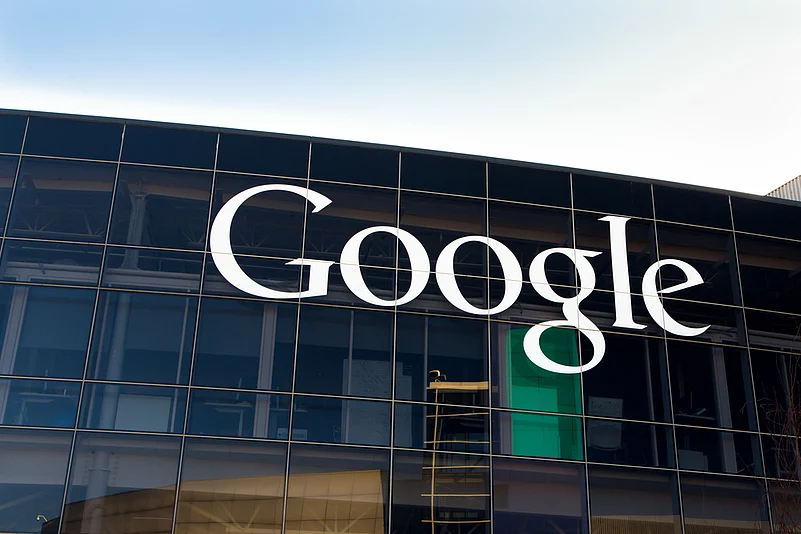While dealing with the appeal moved by Microsoft and Google, a division bench consisting of Acting Chief Justice Manmohan and Justice Manmeet PS Arora said that it would be appropriate if the tech giants filed a review before the single judge.
As per LiveLaw, the court said, “This court is of the view that it will be appropriate if the appellants file a review and bring facts to the notice of the single judge.”
The court added that if Microsoft and Google are not happy with the order of the single judge in review, they will have the opportunity to seek a revival of their appeals.
While Senior Advocate Jayant Mehta represented Microsoft, Senior Advocate Arvind Nigam represented Google. The counsels mentioned that the discretion given to the tech giants is not within their capability to do so.
Nigam had said, “The law says endeavor." But to say I must do it today whether technology exists or not, that’s where the problem lies.”
The single judge had previously mentioned that search engines cannot demand specific URLs from victims to remove access to content already ordered for takedown. The judge issued these directives in response to a woman's petition to take down her explicit images, which she claimed were taken and uploaded without her permission.
The legal representatives of the tech giants, on the other hand, argued that the court's directives go beyond current law and technology capabilities, as their search engines lack the ability to remove content without specific URLs. They mentioned that while technology for this purpose is being developed, it is not yet flawless.































